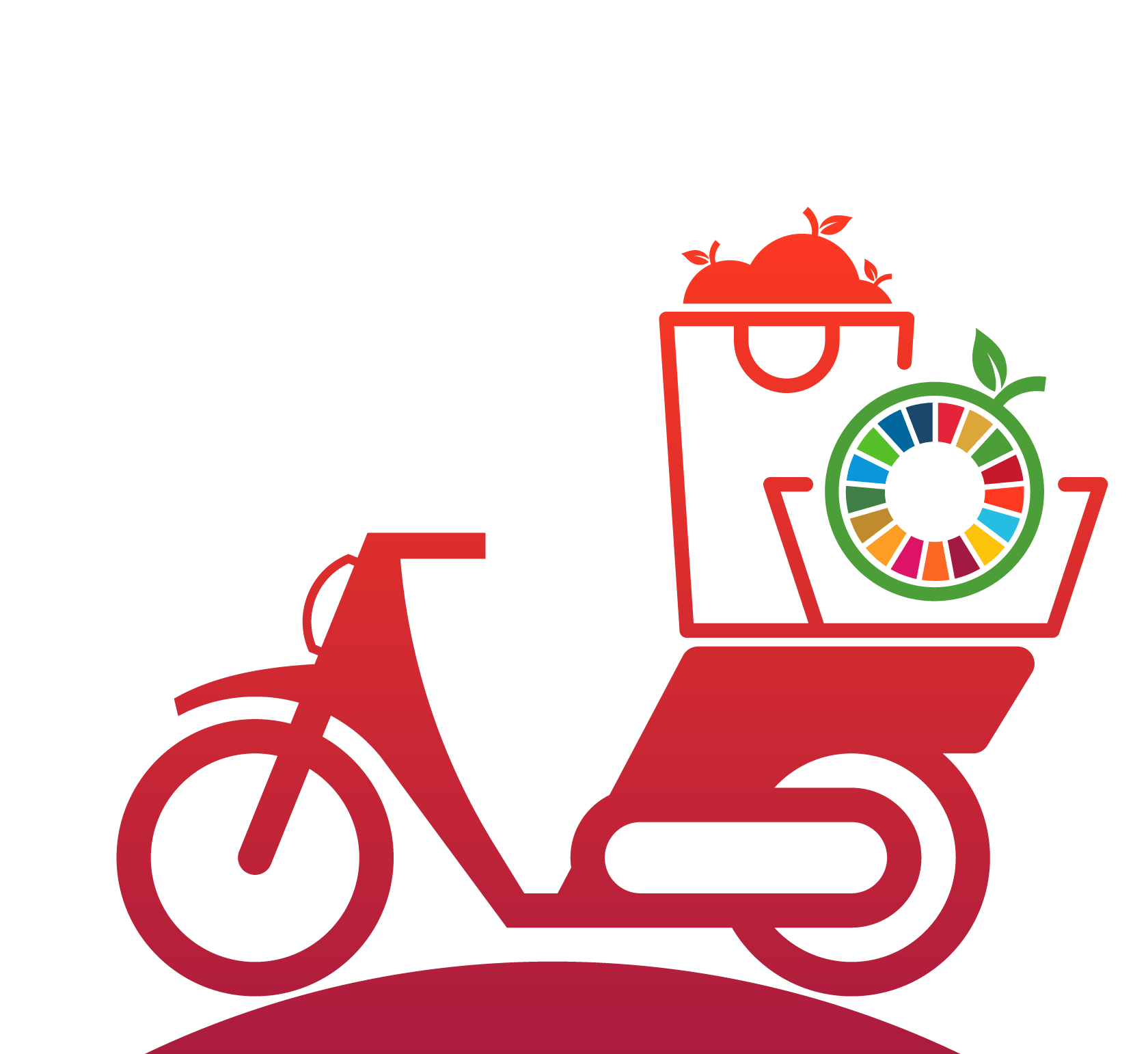Challenge
This Initiative aims to increase the resilience, sustainability and competitiveness of Latin American and Caribbean agrifood systems and actors by better equipping them to meet urgent food security needs, reduce climate threats, stabilize conflict-vulnerable communities and reduce out-migration.
Objective
This Initiative aims to increase the resilience, sustainability and competitiveness of Latin American and Caribbean agrifood systems and actors by better equipping them to meet urgent food security needs, reduce climate threats, stabilize conflict-vulnerable communities and reduce out-migration.
Activities
This objective will be achieved through:
- Shaping nutrition-sensitive socioecological-technological “best bets” to operationalize local agrifood system transition to climate-resilient nutrition pathways, to ensure local actors can access and will use tailored climate-resilient and nutrition-sensitive technologies supported by enhanced capacity of national agricultural research extension systems (NARES).
- Establishing inclusive, digitally enabled agro-advisories for risk management, consolidating a digital-enabled ecosystem around climate risk management and sustainable intensification across value chains in Colombia, Guatemala, Honduras and Mexico.
- Developing an agrifood system that meets both mitigation and sustainable development objectives, integrating sustainable development priorities, social inclusion and gender-responsive frameworks into efforts to mitigate climate, building an investment-friendly climate around low-emission agrifood system development.
- Creating InnovaHub (innovation hub) networks for agrifood innovation and scaling to accelerate the development, mainstreaming and early commercialization of innovative tools, technologies and approaches to the adoption of climate-responsive agrifood system pathways.
- Enabling science-informed policies, investments and institutions, supporting the adoption of climate-resilient and competitive practices for reducing food insecurity and out-migration, particularly in the context of the current global crisis.
Engagement
This Initiative will work in Colombia, El Salvador, Guatemala, Honduras, Mexico, Nicaragua and Peru.
Outcomes
Proposed 3-year outcomes include:
- Nutrition-sensitive innovations co-designed with local actors enable agrifood systems in four regional countries to effectively align the technical aspects of transition processes with the socio-ecological needs of at least 200,000 farmers.
- A digital ecosystem spanning three Latin American and Caribbean countries empowers producer associations, agritech companies, government agencies, NGOs and public extension services to offer digitally enabled agro-advisory services to at least 200,000 farmers.
- Low-emission strategies with development goals across agroecosystems, landscapes and value chains, reaching at least 300,000 hectares, are integrated by national and local governments in three Latin American and Caribbean countries.
- InnovaHub learning, knowledge management and evidence in four Latin American and Caribbean countries accelerate on-farm uptake and scaling of innovations, making them more gender-responsive, production-friendly and context-specific, reaching at least 200,000 farmers.
- CGIAR science, evidence, and tools are used by public and private institutions in three Latin American and Caribbean countries to inform and shape more transformative, sustainable, mitigation-comprehensive and climate adaptation-friendly policies, incentives and initiatives. These are then mainstreamed and scaled throughout three countries.
Impact
Projected impacts and benefits include:
 |
NUTRITION, HEALTH & FOOD SECURITY
Local and regional food systems are reconfigured to ensure access to nutritious diets for rural and urban populations, produce balanced food baskets and ensure food security, reaching 8 million people across the region by 2030. |
 |
POVERTY REDUCTION, LIVELIHOODS & JOBS
Co-designed and tested CGIAR innovations increase farmers’ incomes, empower women, and enhance youth capacities, facilitating access to diversified and nutritious food, and reaching 8 million people across the region by 2030. |
 |
GENDER EQUALITY, YOUTH & SOCIAL INCLUSION
Female and male smallholder farmers of all ages play an important role as data curators and interpreters of decision support tools in rural communities. Youth provide technical support to field monitoring and data cubes. Outcomes are gender-responsive through active involvement for understanding major challenges and opportunities for women, reaching 2.5 million women across the region by 2030. |
 |
CLIMATE ADAPTATION & MITIGATION
Climate-related policies and investments informed by CGIAR research, and access by farmers to more accurate, tailored, and timely information via CGIAR innovations benefit at least 8 million people across the region by 2030. |
 |
ENVIRONMENTAL HEALTH & BIODIVERSITY
Promotion and adoption of climate-, water- and nutrient-smart practices enhances multifunctional landscapes and enables integrated crop-tree-livestock systems, with a focus on sustainability of agriculture under climate and other stresses, improving management on 19 million hectares of land. |
Projected benefits are a way to illustrate reasonable orders of magnitude for impacts which could arise as a result of the impact pathways set out in the Initiative’s theories of change. In line with the 2030 Research and Innovation Strategy, Initiatives contribute to these impact pathways, along with other partners and stakeholders. CGIAR does not deliver impact alone. These projections therefore estimate plausible levels of impact to which CGIAR, with partners, contribute. They do not estimate CGIAR’s attributable share of the different impact pathways.
Header photo: Coffee picking in Cauca, southwestern Colombia. Part of the Two Degrees Up case studies series on the effects of climate change on agriculture. Photo by N. Palmer/CIAT.



















